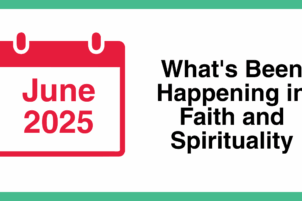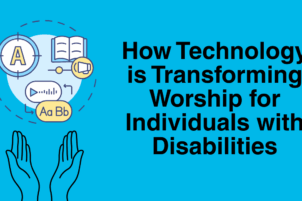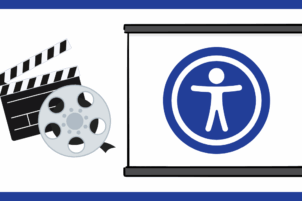One of the most powerful words we come across in Breishit – Genesis – is “Hineni” – I am here. When Abraham answers, he is responding to a call to action.
Hineni evokes a profound and timeless message about responsibility for our world and our community. A central question for educators and parents is how are we raising and empowering all of our children, to find their voice and their place in our community?
Although I direct an organization that supports struggling learners, it was not until this year, when I participated in an intensive, year-long Israeli leadership program in my non-dominant language, that I experienced what it was like to have a learning disability.
As the only native English speaker, I estimate that I was working five times harder than the Israeli participants. With each presentation, I was listening to try to understand the discourse, translating it for myself to take notes in English, thinking about what I wanted to say and how to say it with my limited word bank, and trying to jump into the rapid fire Israeli dialogue. In leadership roles and facilitation, I continuously strategized based on what I felt I was equipped to handle. I adapted to different cultural norms and tried to jump in to the fast paced banter of Israeli jokes and references that were often foreign to me.
Because of my line of work, I think about what it would be like if I was a child with a language or other disability in a typical classroom and I am struck by all the strategies that I was continuously using just to keep pace, and how difficult this would be for children without the skills, strategies and awareness that I have.
I can now appreciate how sitting through long days on high mental alert would be draining for almost any child, let alone a struggling learner, and how much harder it is for a child who does not expect to succeed to cultivate the internal motivation to persist.
If I were a child struggling with a disability and had a teacher who understood how hard I was trying and helped introduce the right supports, school would feel easier, more compassionate and hopeful. However, if I had a teacher who did not appreciate my learning struggles or assist, I could be easily misunderstood, could risk getting into trouble, or could fall through the cracks.
As parents there’s a lot we can do to support our children, especially those who struggle, by appreciating what they are going through every day and by celebrating their courage. We should be advocating for them in school and championing them at home.
As teachers – there’s a lot we can do in our classrooms to support struggling learners. We can appreciate the hurdles they are overcoming and plan our lessons with those students in mind. We can nurture classroom communities that model kindness and caring, celebrate differences, seek out strengths in all of our students, and make an extra effort to find opportunities for everyone to shine, especially those who don’t excel academically.
Hineni.
Every child should be empowered and nurtured to recognize their strengths and unique place in our classrooms and communities. Hopefully, if we model empathy in our classrooms we will nurture the next generation of leaders with the traits of Abraham – of kindness and caring.
Shabbat shalom.
Debbie Niderberg is the Executive Director of Hidden Sparks, a New York City-based nonprofit whose mission is to help educators and schools nurture the Hidden Spark within each student. Prior to this, Ms. Niderberg served as the Executive Director for The Nash Family Foundation, advancing programming with 72 New York area Jewish schools, launching a kosher City Harvest program (still operational), an Israel-based medical fellowship, and the first residential Jewish hospice in New York. Ms. Niderberg is the grateful mom of six children (and a son-in-law).
In our weekly Shabbat Smiles, RespectAbility welcomes a wide spectrum of voices. The views expressed in each Shabbat Smile are those of the guest contributor.
The Shabbat Smile is curated and edited by Debbie Fink, RespectAbility’s Director of Community Outreach and Impact and Vivian Bass, RespectAbility Executive Committee Board Member.








